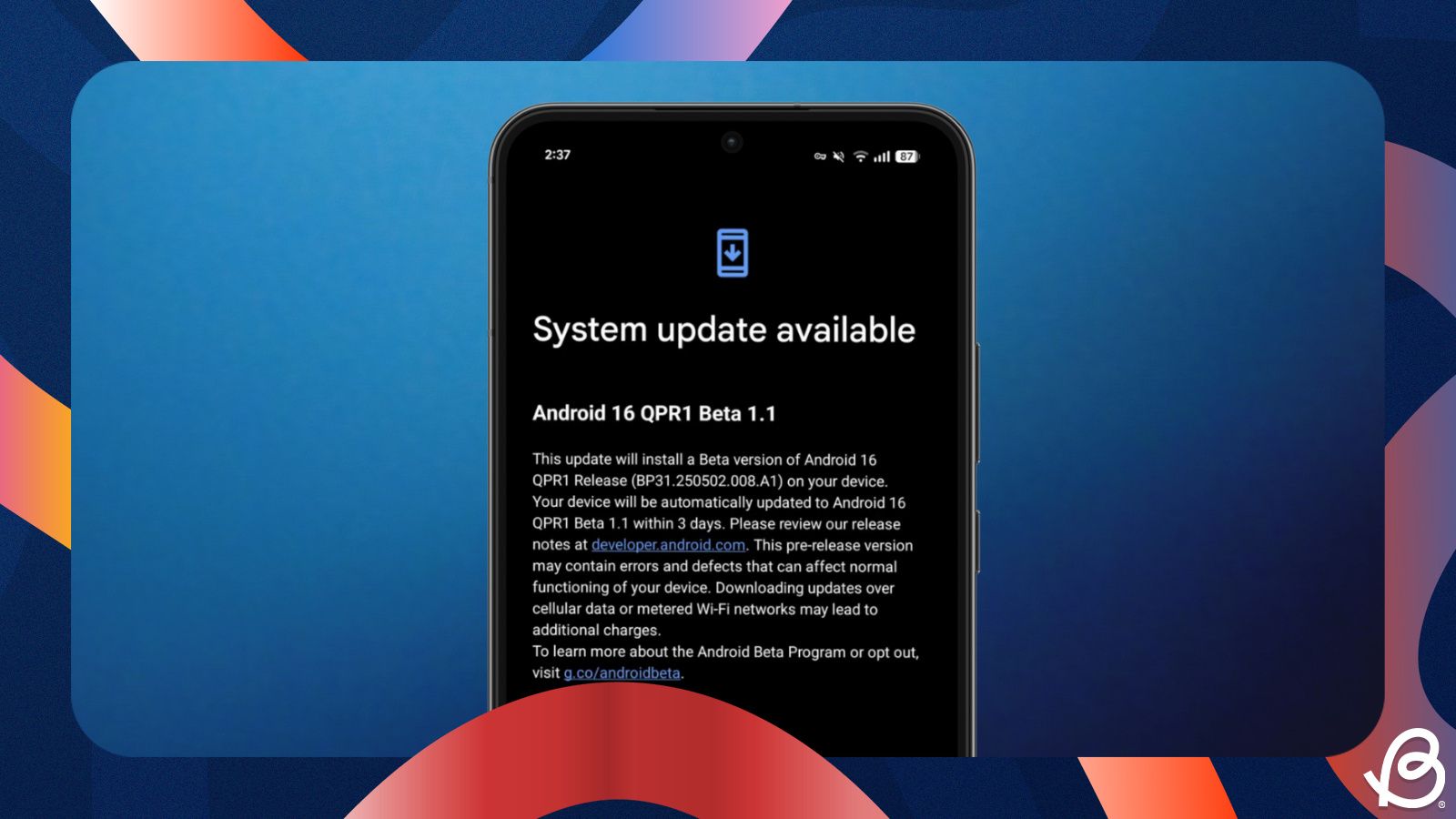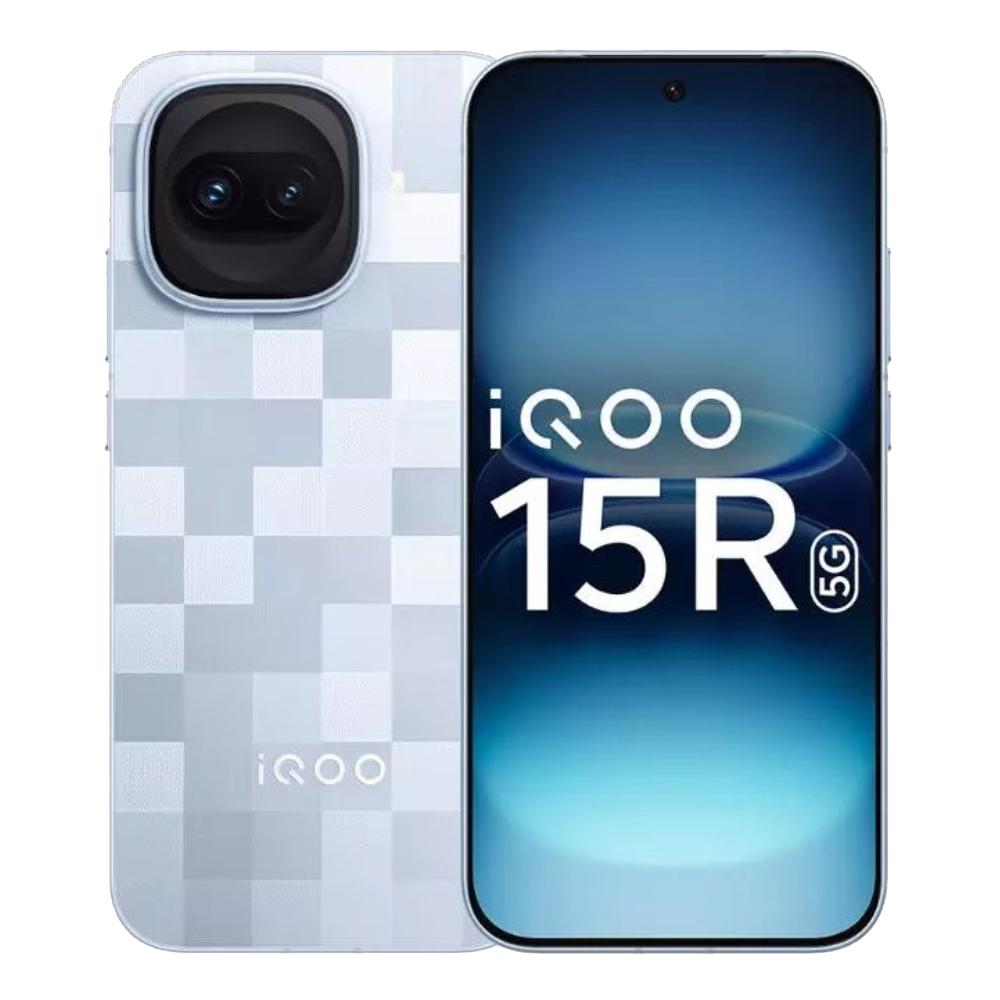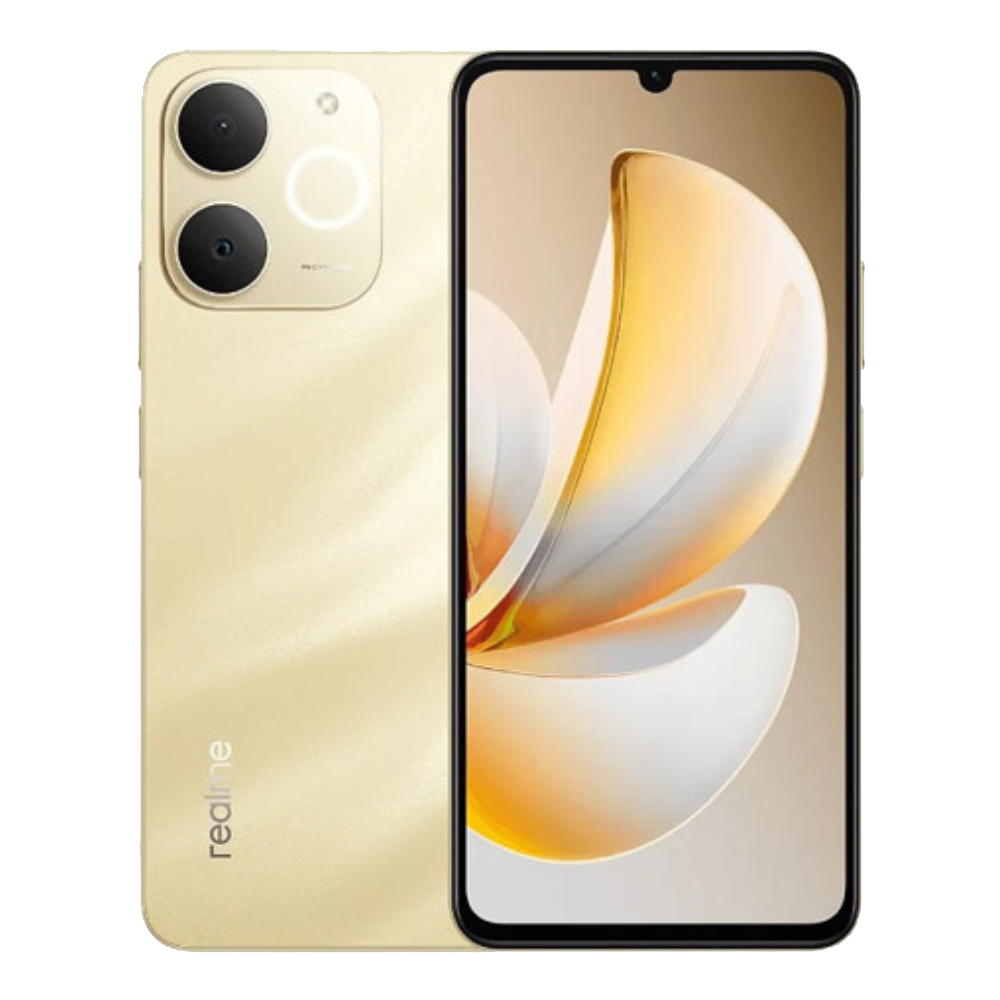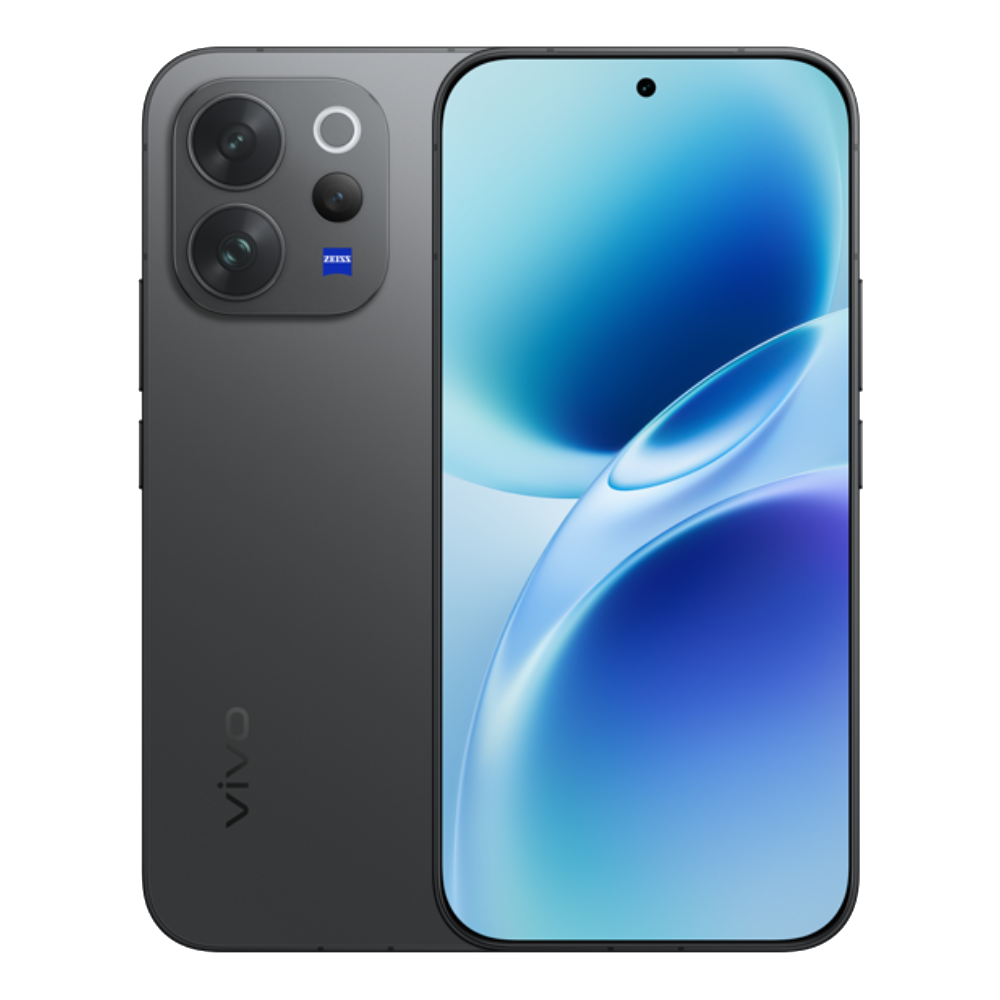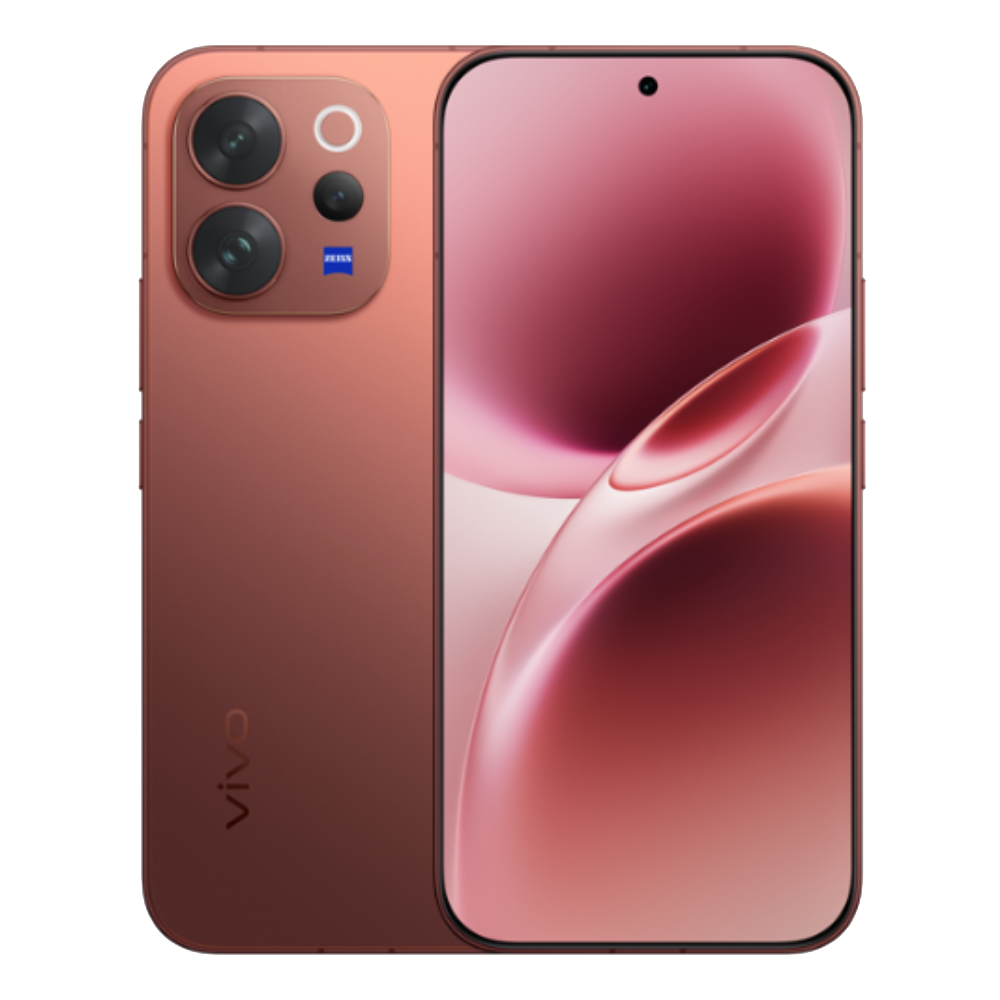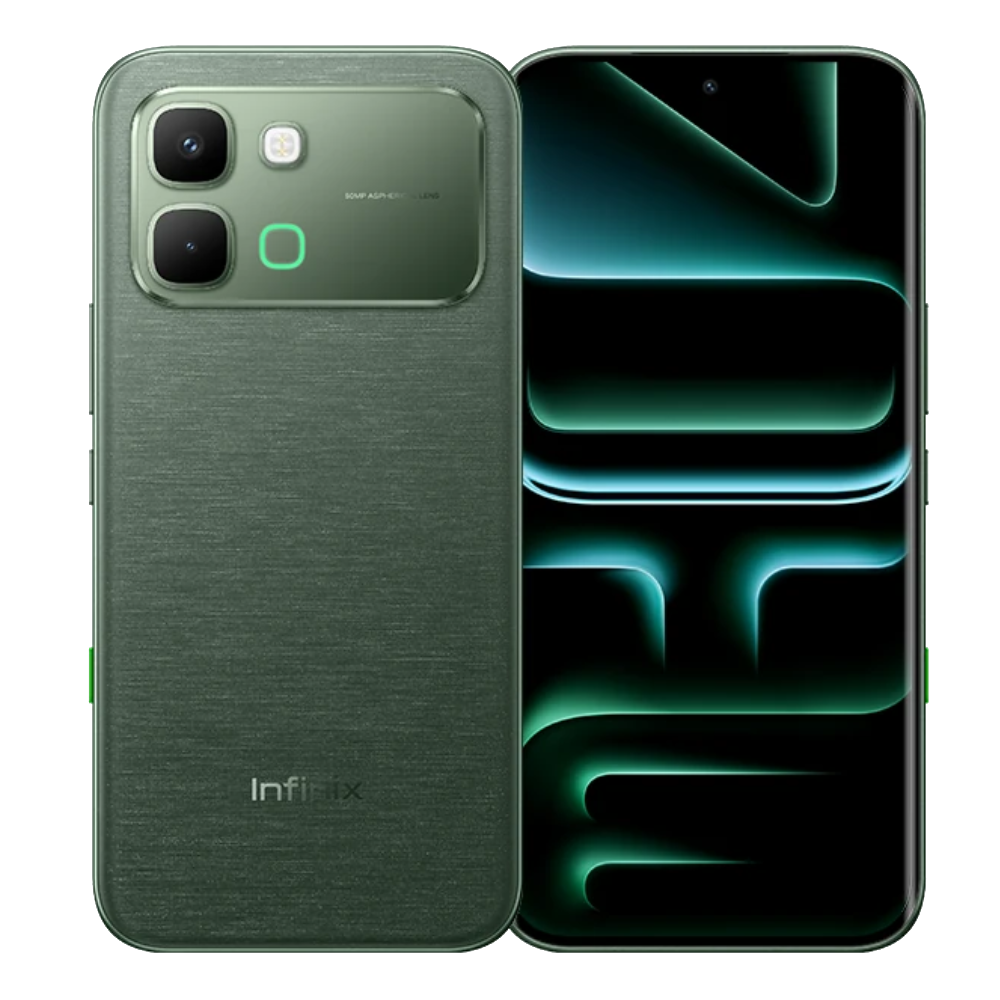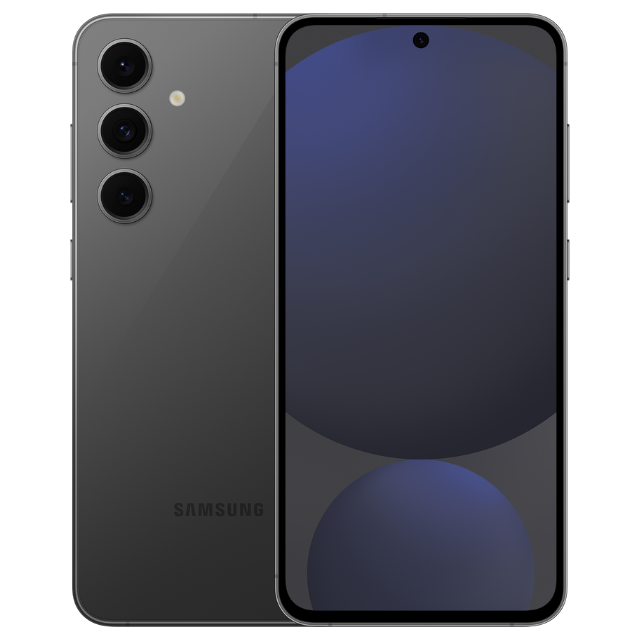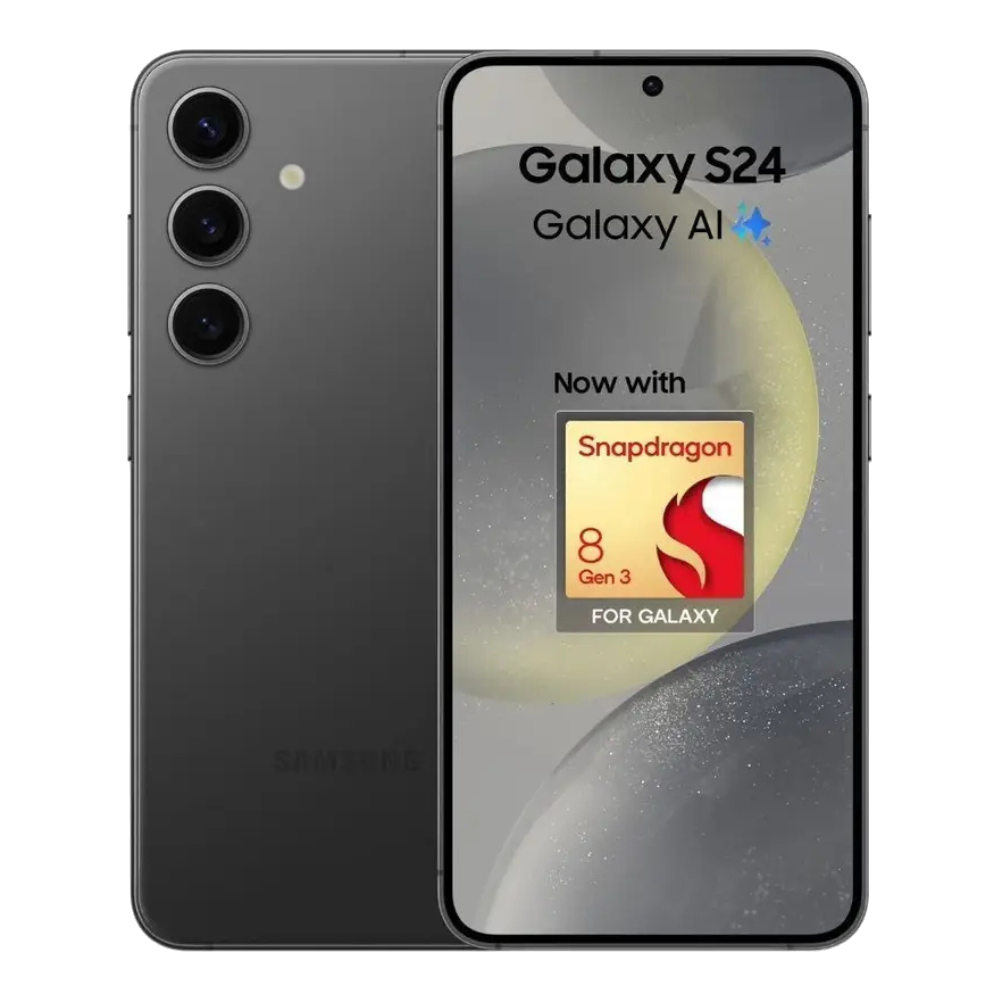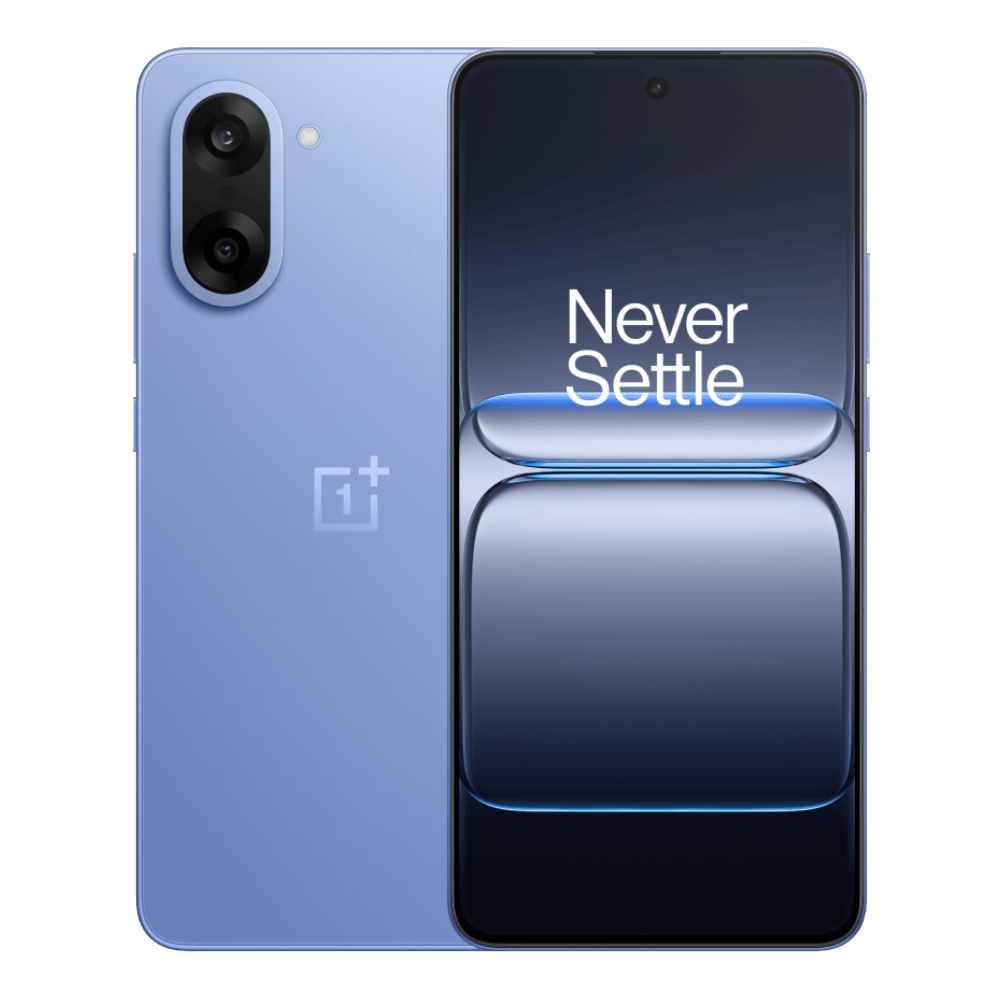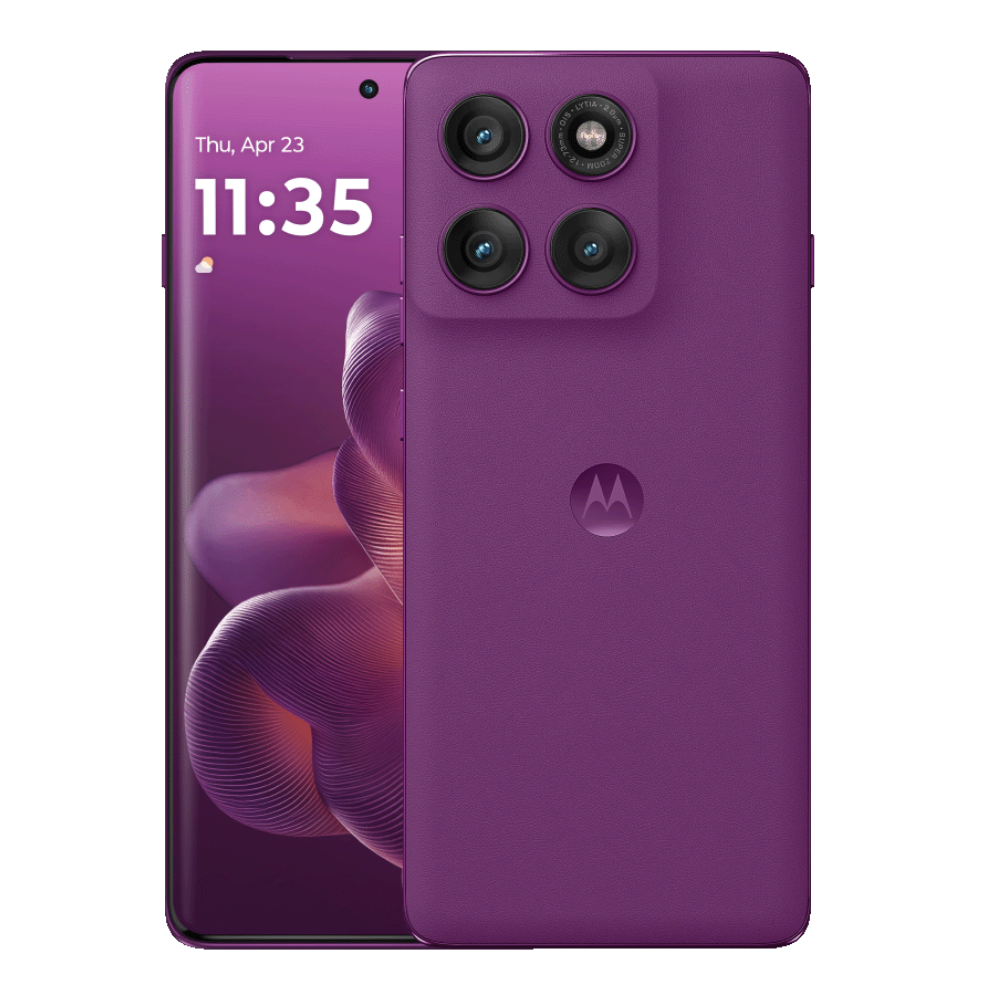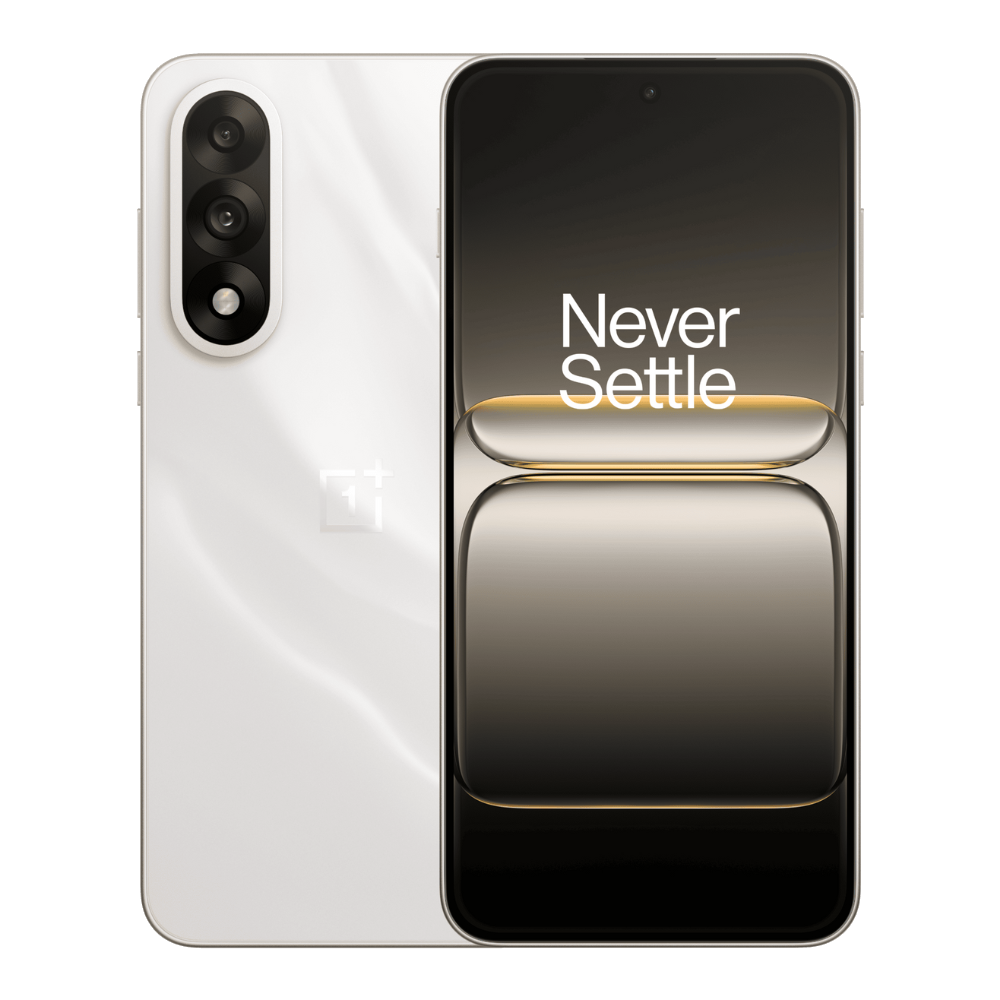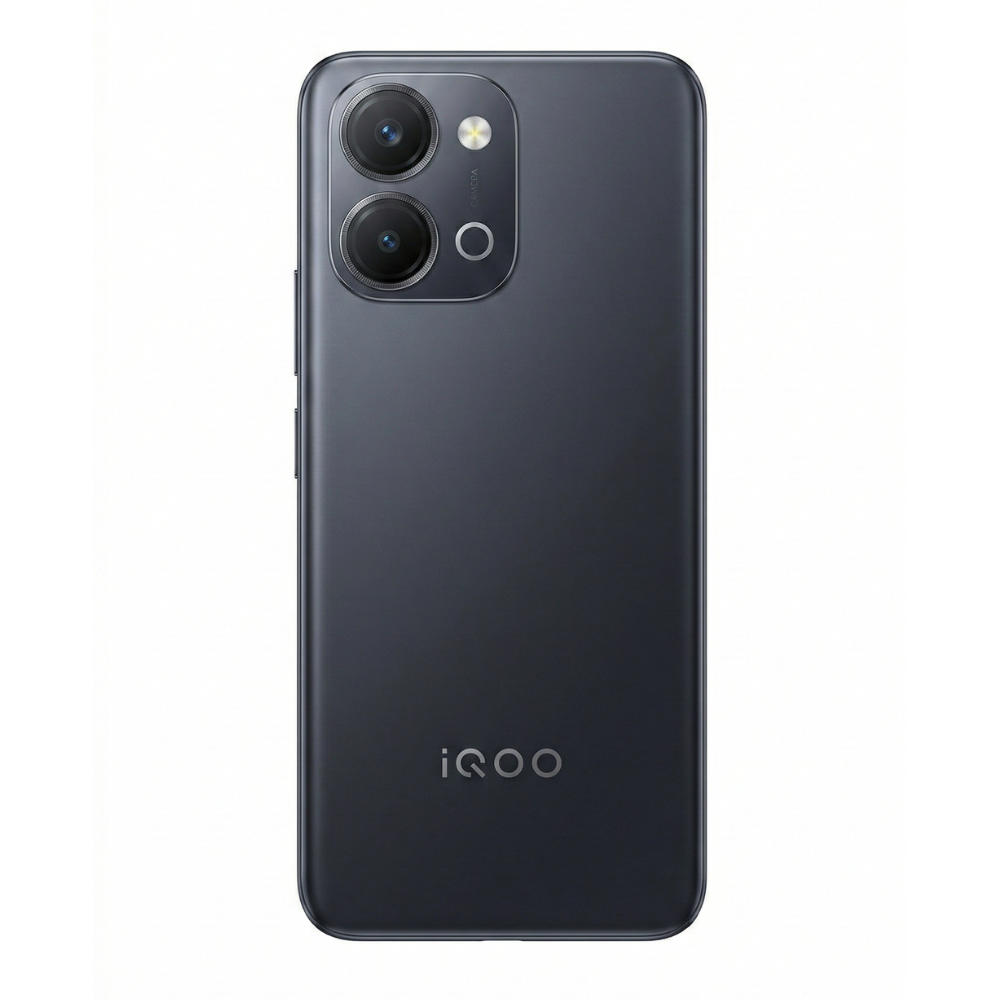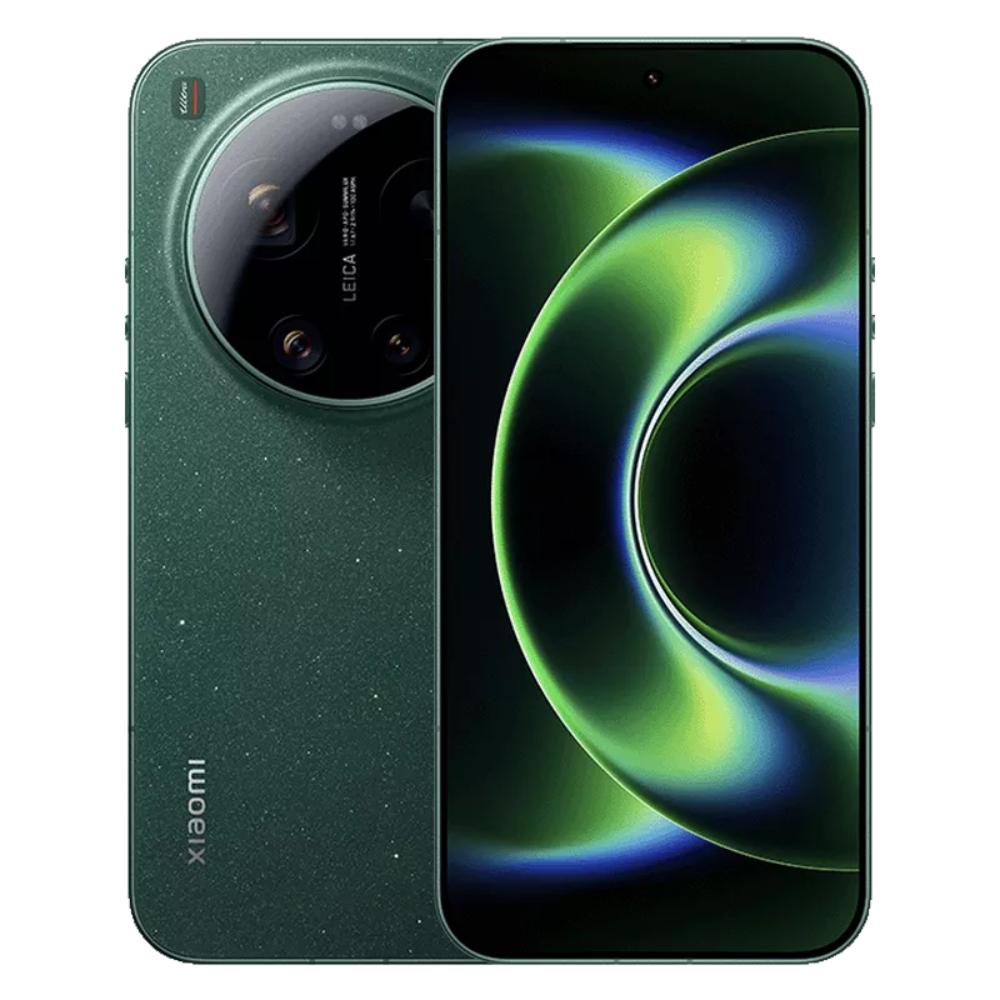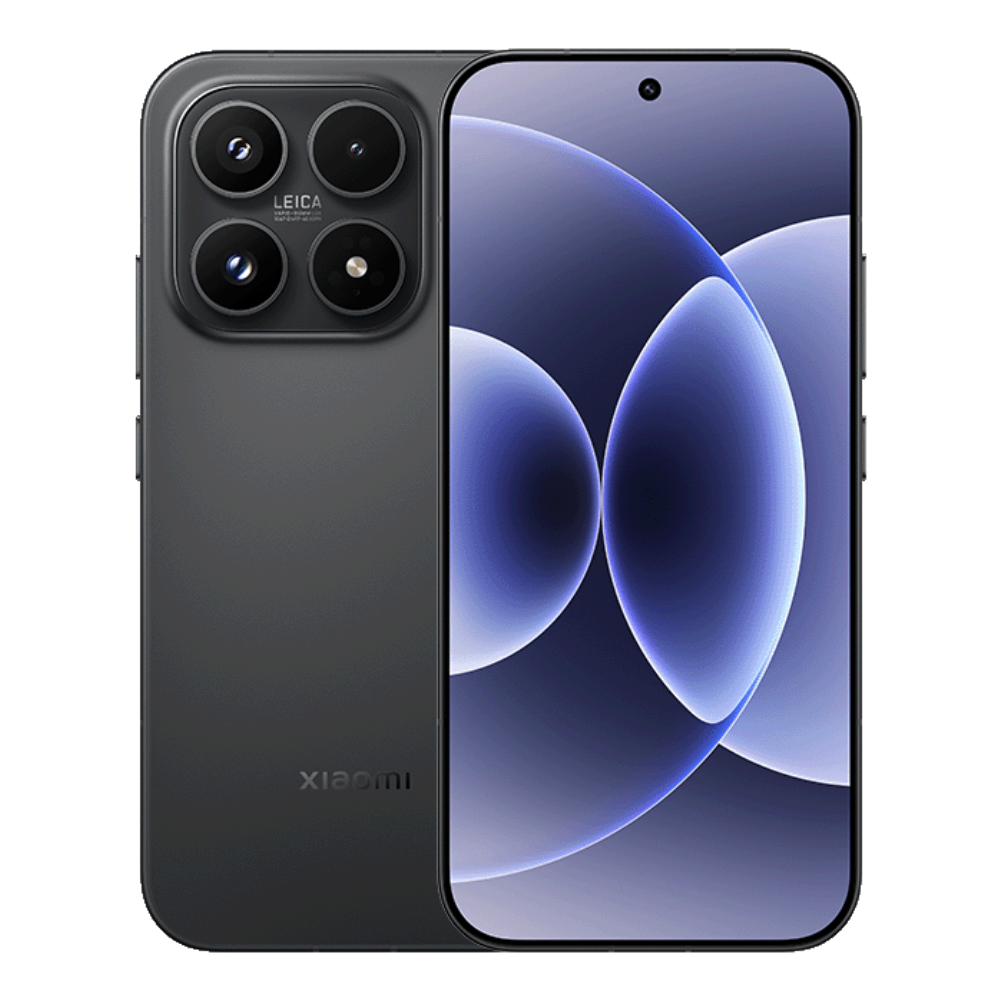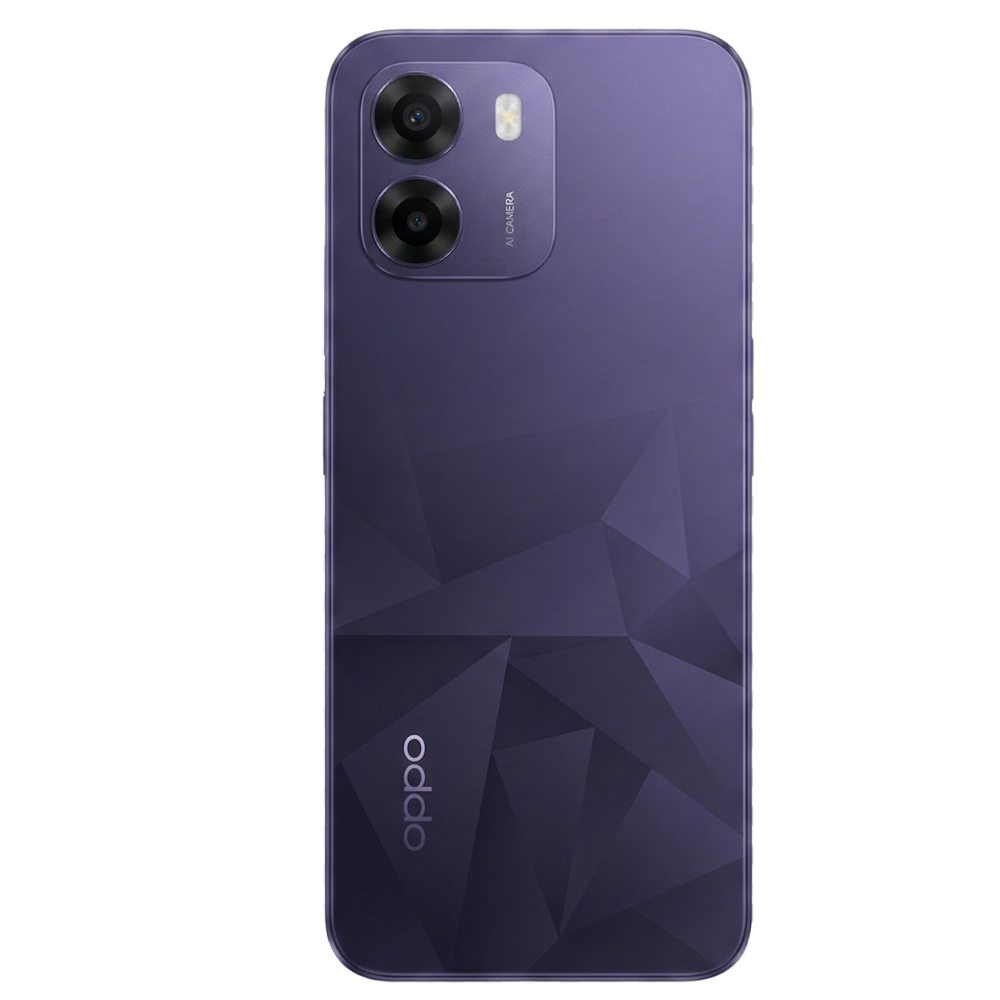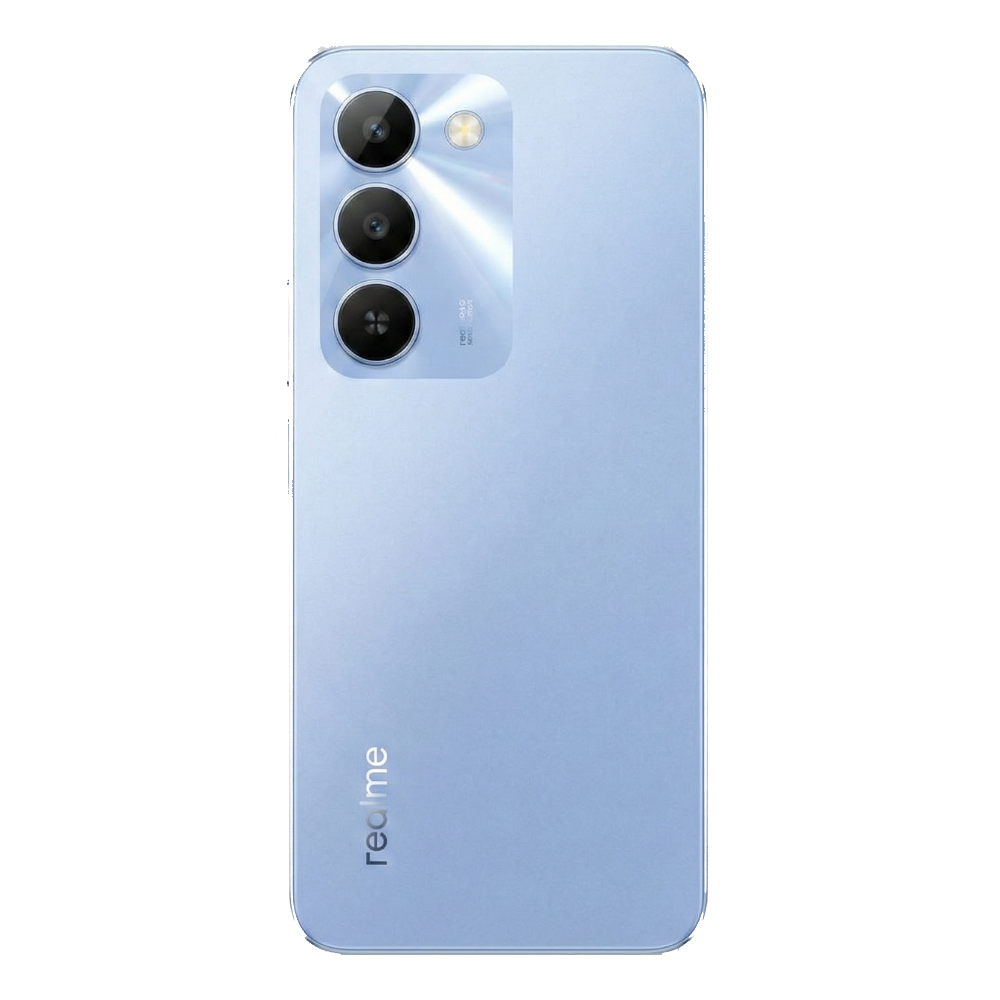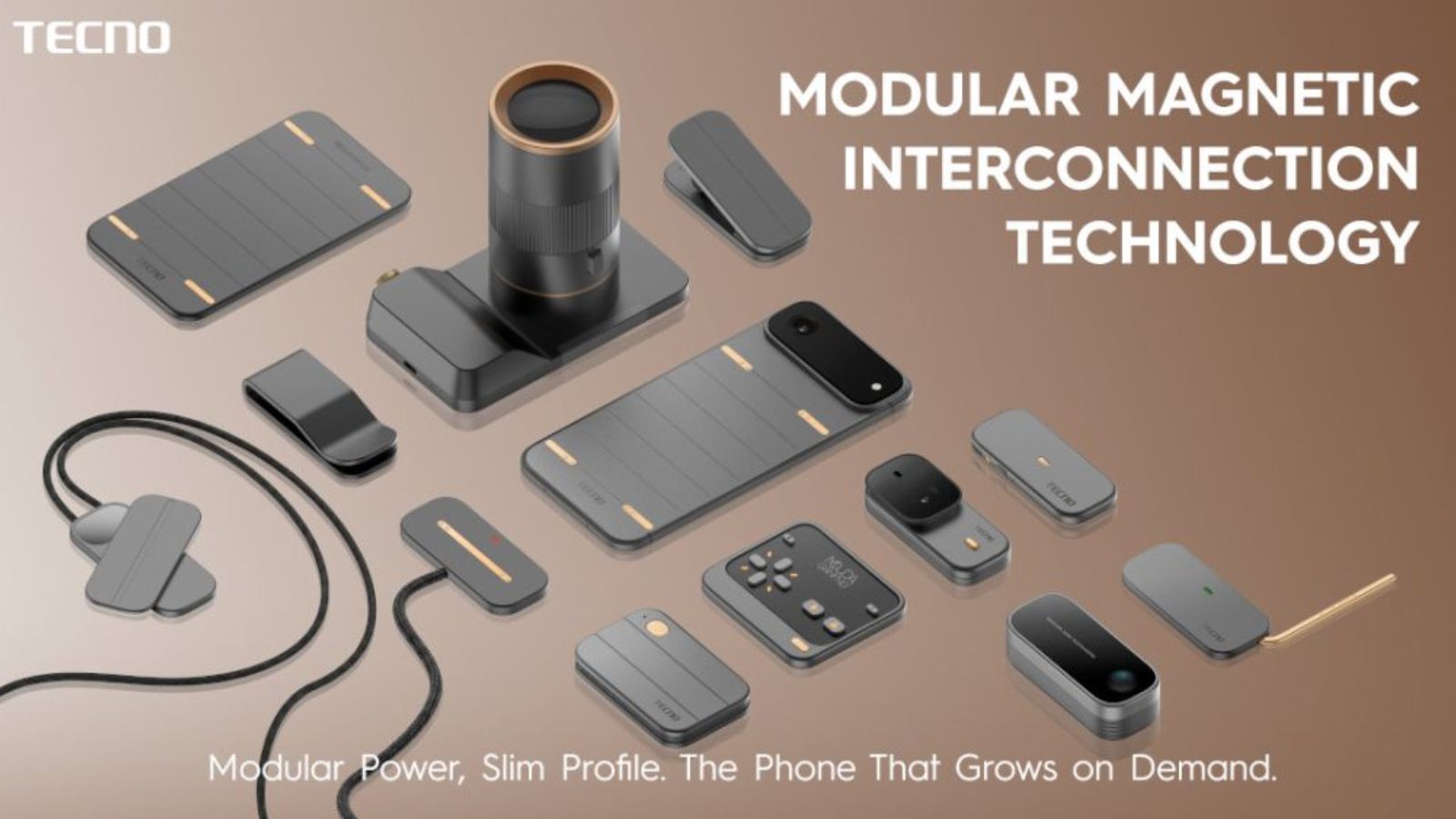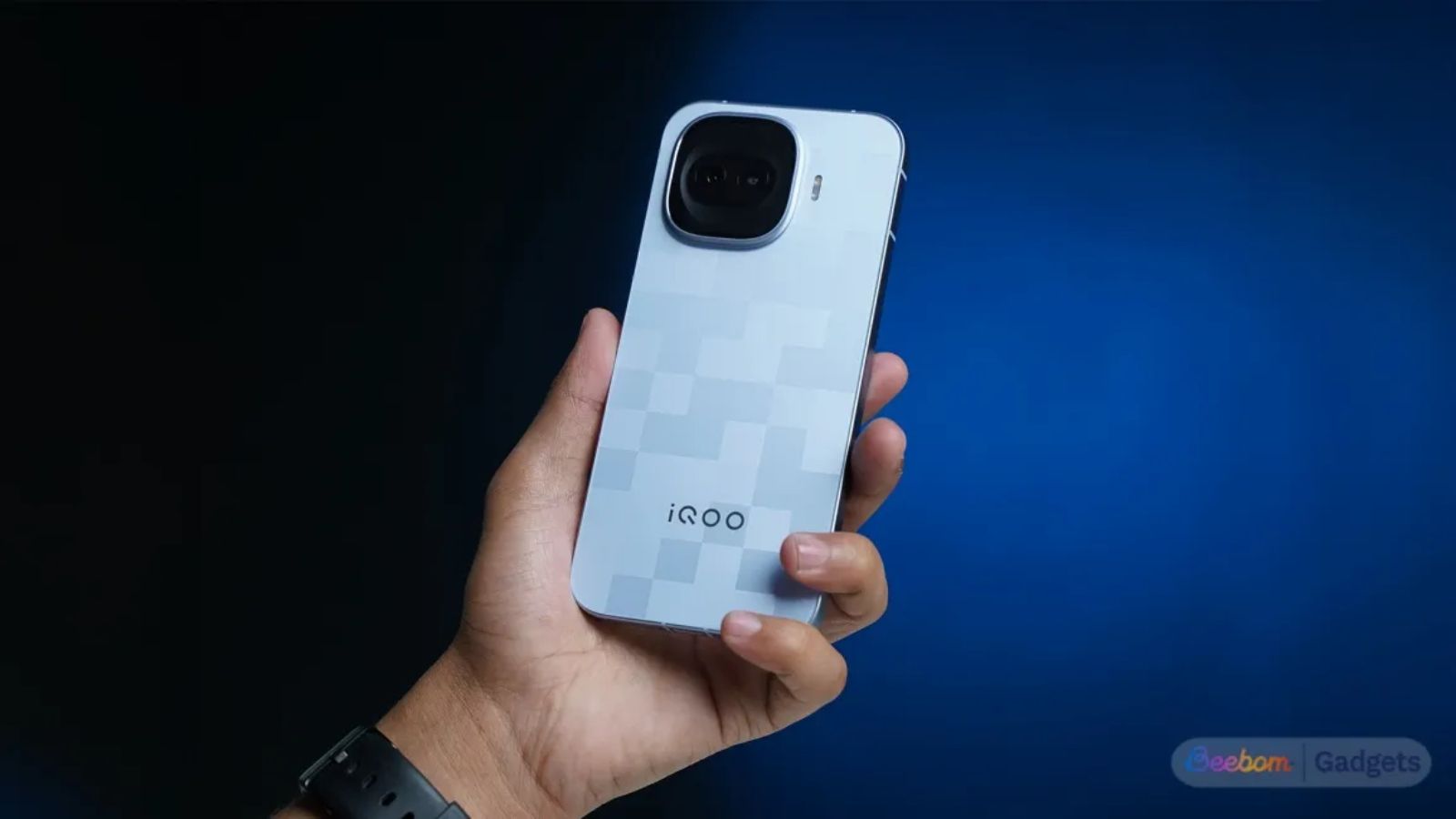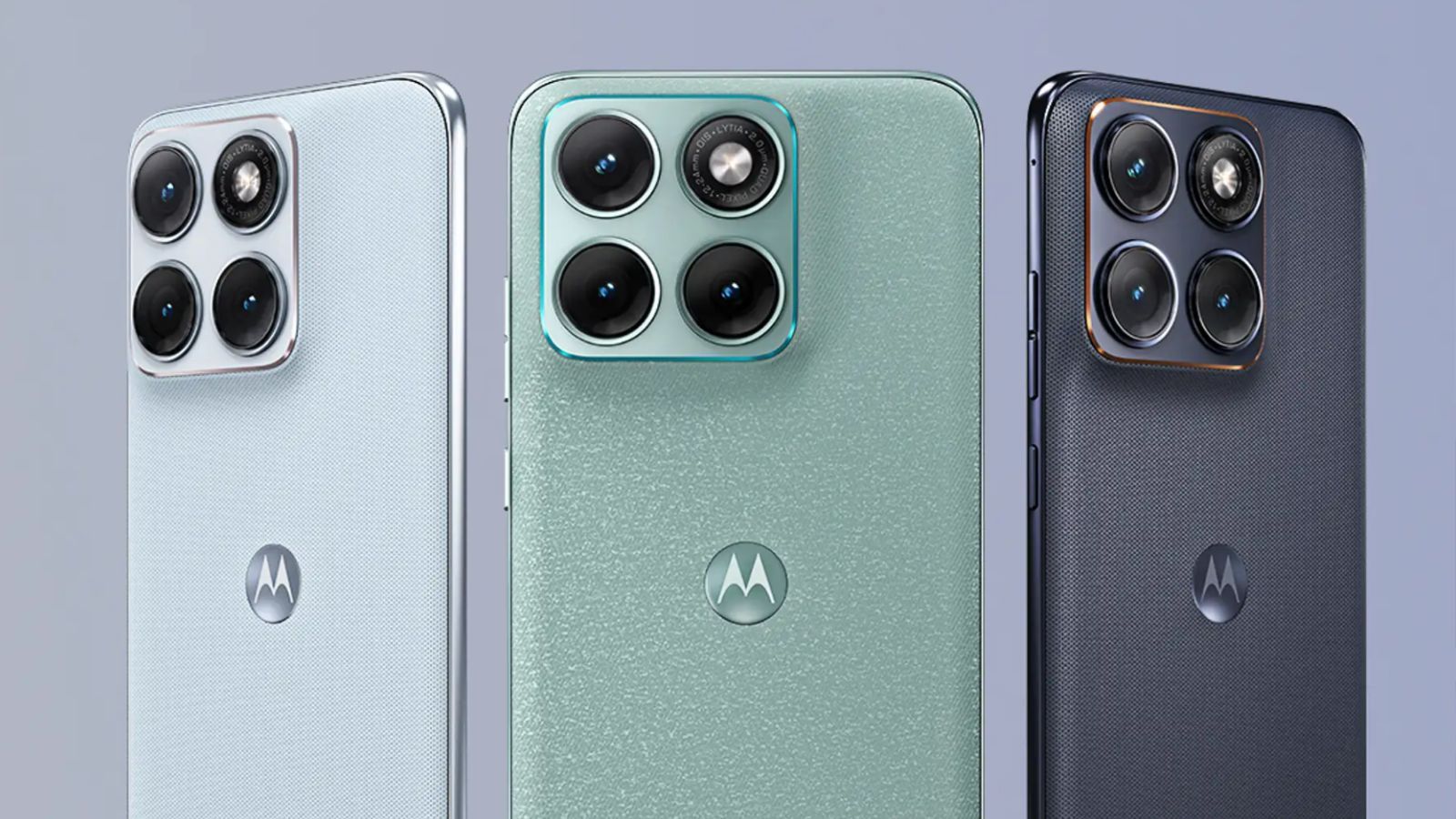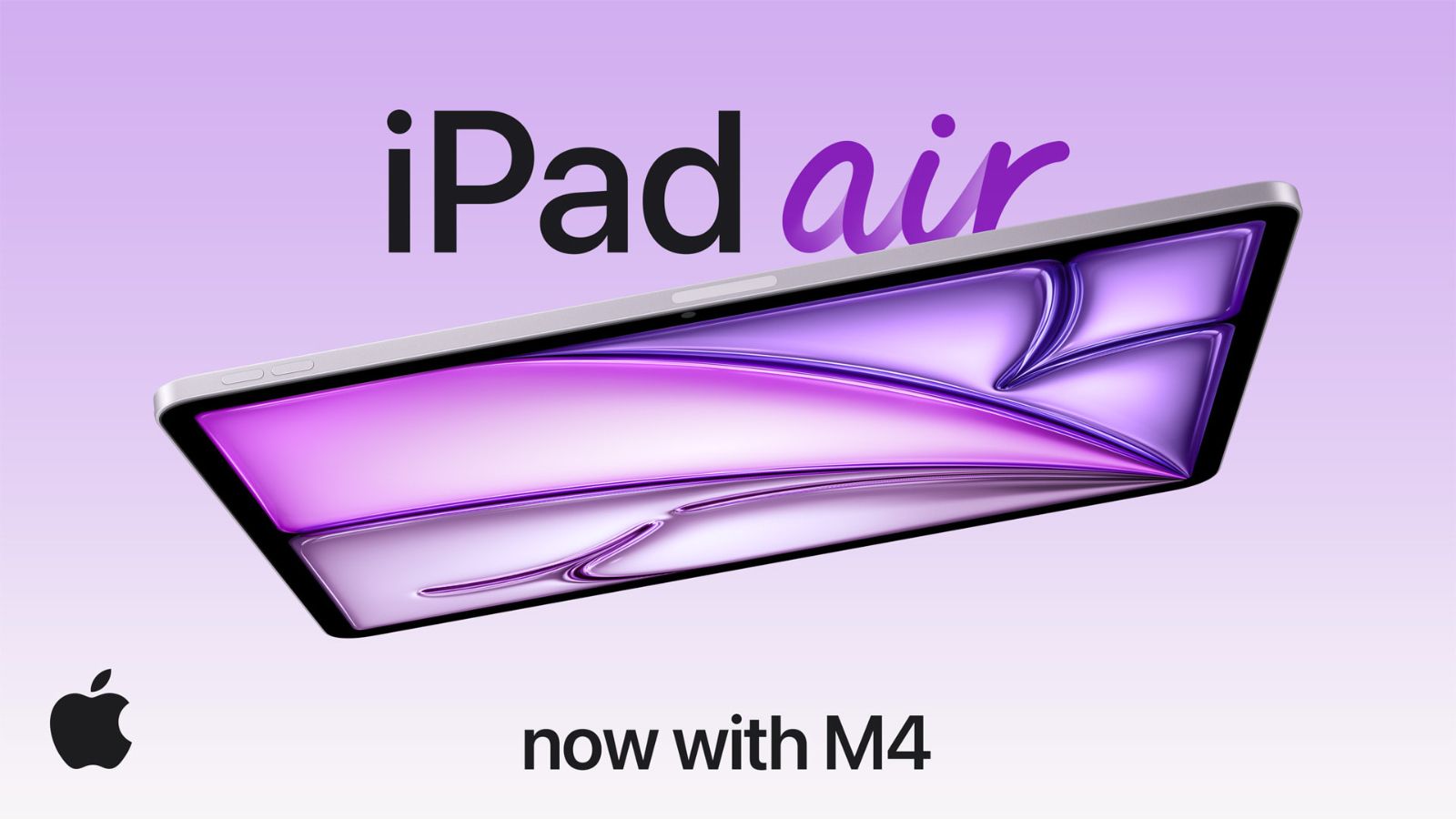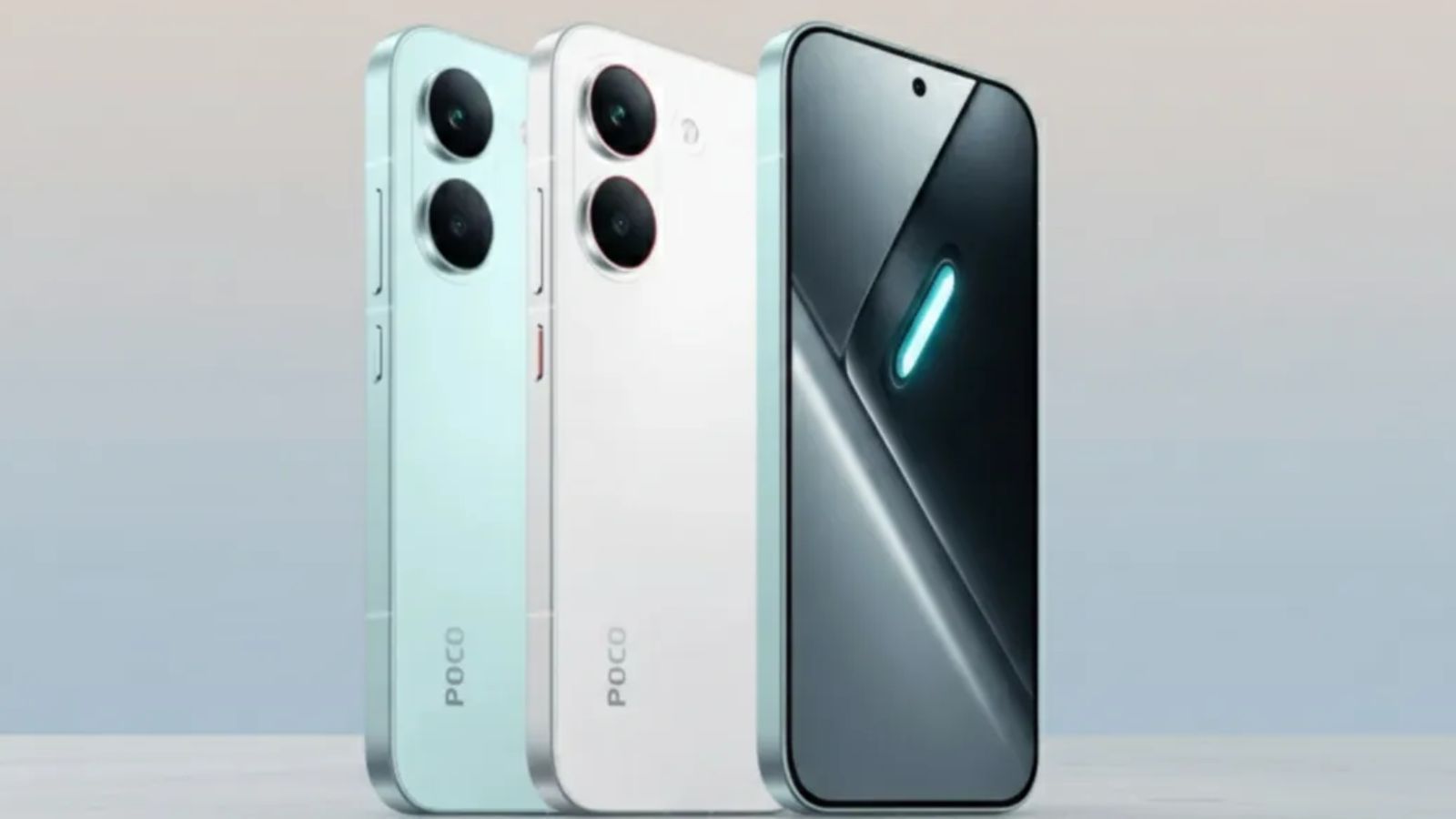Smartphones in 2025 are more than just communication tools. They're a window through which we see the world. As hardware specifications have reached a certain saturation level, phone brands have started shifting their focus to cameras. Collaboration with legendary camera manufacturers has added spark to pictures taken with smartphone cameras. To help you navigate, here's a list of every major camera partnership, from current ones to iconic ones that started it all.
Ongoing Phone and Camera Brand Partnerships
Partnerships with camera companies are more common among Chinese phone manufacturers. Historically, smartphone makers like Xiaomi and Oppo were never really known for their cameras, but for their great value proposition. However, that has drastically changed with nearly every manufacturer collaborating with big camera names. Here are all the current active partnerships.
Xiaomi and Leica
Timeline: 2022 - Present
Focus: Collaboration on both hardware and software, Leica's Summilux lens and camera profiles
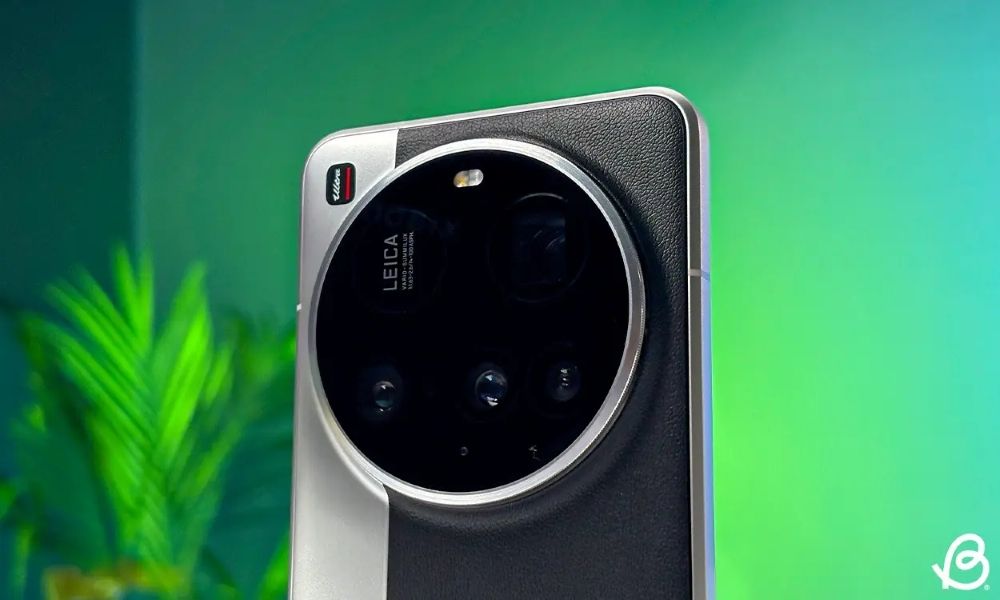
Xiaomi and Leica's partnership began in 2022, following Leica's end of its partnership with Huawei, which we will discuss later. It's a blend of Leica's distinct photographic filters in software and Summilux lenses on the hardware side. The software side includes Leica's signature Authentic, Black and White and Vibrant modes.
The Xiaomi-Leica partnership came into fruition with the Xiaomi 12s Ultra. The partnership has since then become a cornerstone for Xiaomi cameras, with phones like the Xiaomi 17 still leveraging Summilux lenses. All in all, it allowed Xiaomi to turn one of its weaknesses into an ultimate strength, challenging the likes of Apple and Samsung.
Vivo and Zeiss
Timeline: 2020 - Present
Focus: Zeiss T* coating on camera lenses, a Biotar software filter for unique bokeh effects
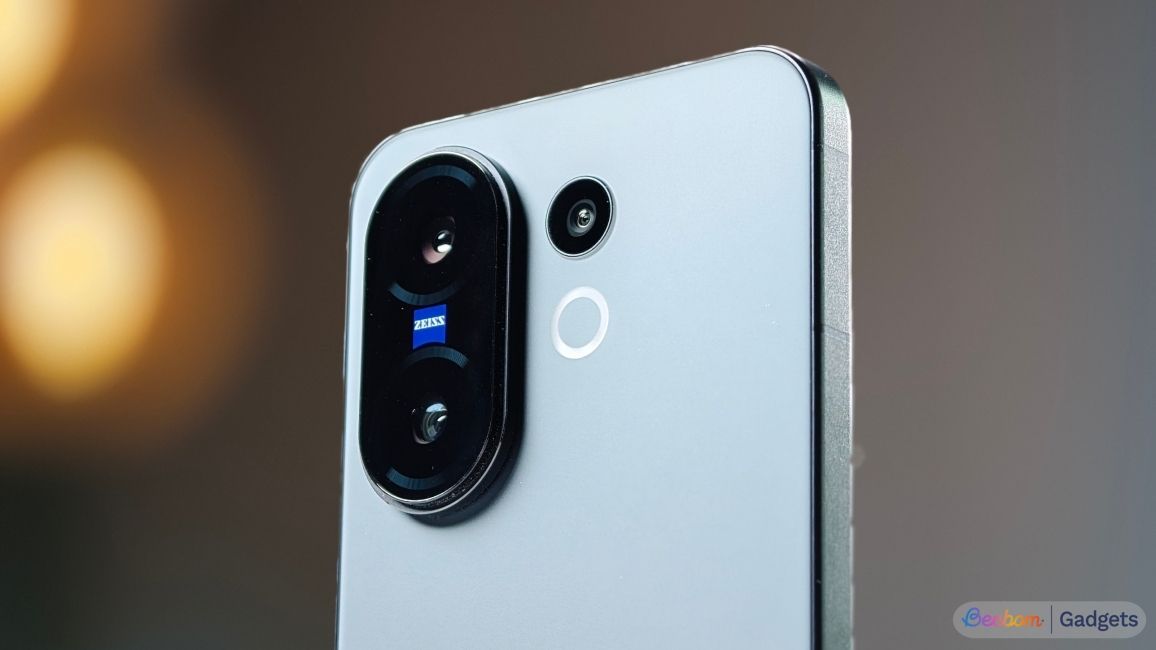
Vivo partnered with Zeiss in 2020 for the Vivo X60, and it's considered one of the deepest collaborations in the industry. Vivo calls it "Vivo Zeiss Co-engineered Imaging System", and it extends beyond just the ZEISS T* Coating branding on the camera island. The coating on the lenses helps reduce glare and improve light transmission.
On the software side, the partnership's impact can be found in portraits. The tuning is designed to spin unique-looking portraits that tastefully scream Zeiss. While the collaboration has been a defining feature of Vivo's high-end X series devices like the Vivo X200 and Vivo X Fold 5, Vivo has recently expanded it to upper-mid-range devices like the Vivo V60e and X200 FE.
Thanks to the partnership, Vivo has built an extremely strong brand identity centred around exceptional portrait photography that could put pictures from professional cameras to shame. The same follows for videos as well, making it one of the current best partnerships in the smartphone space.
Oppo and Hasselblad
Timeline: 2022 - Present
Focus: Software-centric, aimed at enhancing colour accuracy and boosting low-light performance
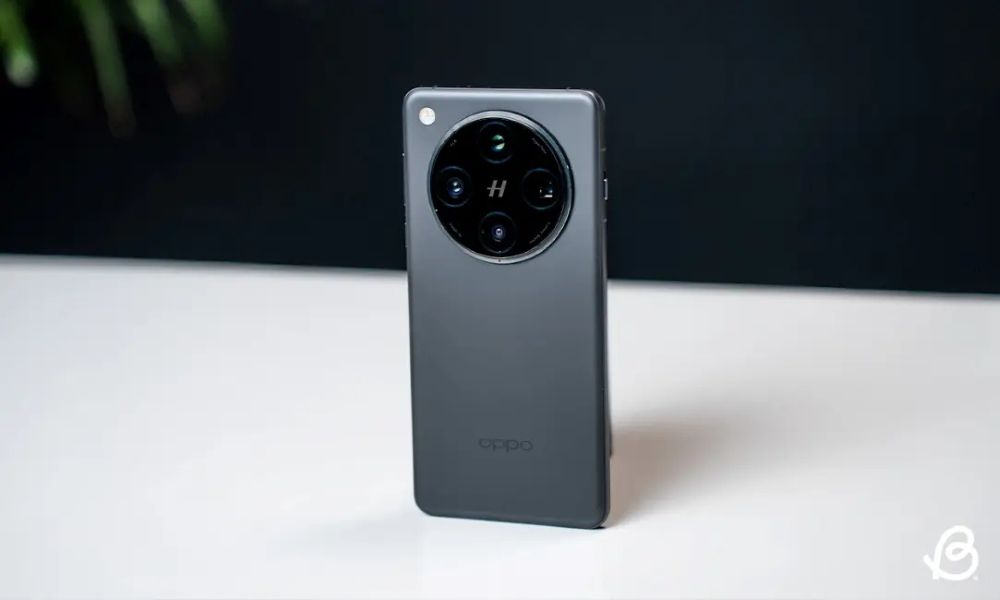
Oppo's partnership with Hasselblad started in 2022 with the Oppo Find X5, and it focuses mainly on colour science. Hasselblad is one of the oldest and most renowned names in the industry, and the brand's decades of experience shows in the picture quality of Oppo phones.
The current generation of Oppo devices that are leveraging the partnership is the Oppo Find X8, soon to be followed by the Find X9 series. It goes without saying that the partnership with Hasselblad immensely helped Oppo to cement its position as one of the best ultra-premium camera experiences users can buy.
Sony and Zeiss
Timeline: 2020 - Present
Focus: Zeiss T* coating on lenses for clear photos
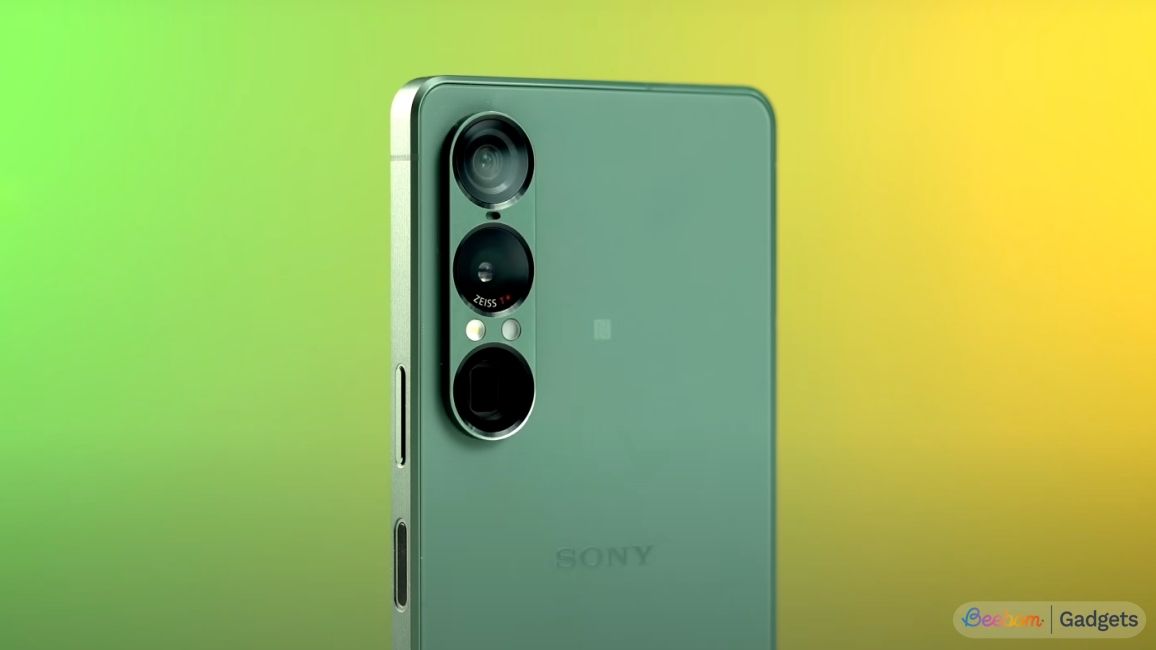
The Sony-Zeiss partnership for smartphones started with the Sony Xperia 1 Mark 2. The latest Sony flagship to feature Zeiss hardware is the Sony Xperia 1 Mark VII, which was released earlier in 2025.
The partnership not only extends to Sony smartphones, as the brand has been partnering with Zeiss for decades for its G Master lineup of camera lenses. On smartphones, Sony leverages Zeiss's expertise for high-quality lens design and manufacturing for its Xperia lineup of smartphones.
Realme and Ricoh
Timeline: 2025 - Present
Focus: Software-centric partnership, Ricoh will provide tuning and unique photography styles
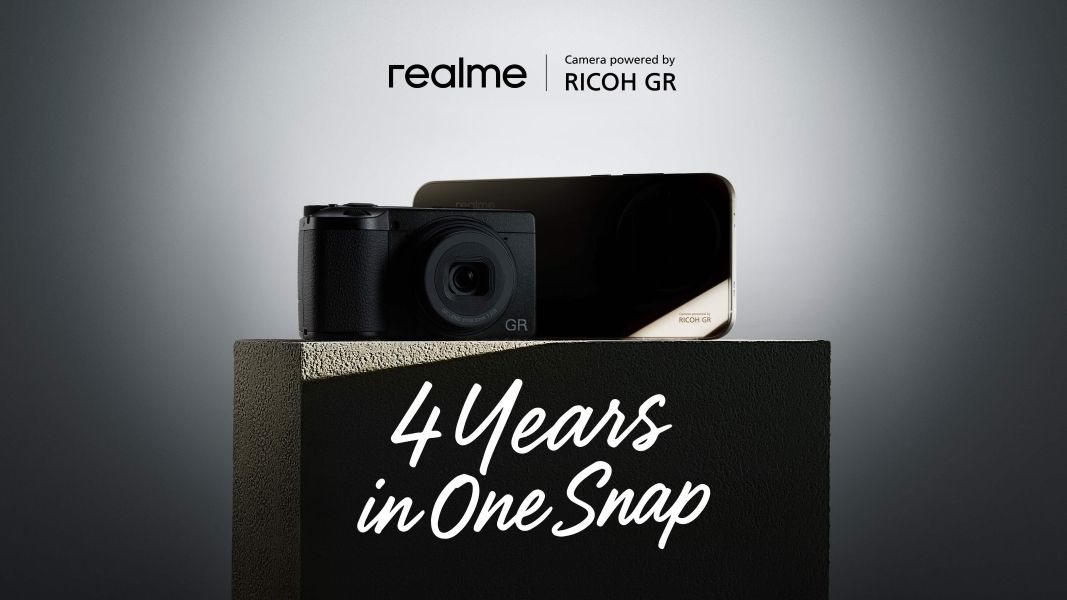
The Realme-Ricoh partnership is the freshest of the bunch, with the first device being the Realme GT 8 Pro. Like most camera partnerships, the partnership with Ricoh should bring considerable expertise and a camera performance boost for Realme smartphones.
While we are reserving our first thoughts for when the device comes out, Ricoh is one of the oldest brands in the space, known for bringing uniqueness in areas like street photography.
Phone and Camera Brand Partnerships from the Past
While the names above dominate the market today, the history is rich with previous partnerships that set the stage for the evolution of smartphone photography. These collaborations were once considered the pinnacle, bringing us some great, unforgettable devices. Unfortunately, these partnerships couldn't last due to certain setbacks or due to firms just not finding enough incentive from them.
OnePlus and Hasselblad
Timeline: 2021 - 2025
Focus: Software-oriented for enhancing colour accuracy.
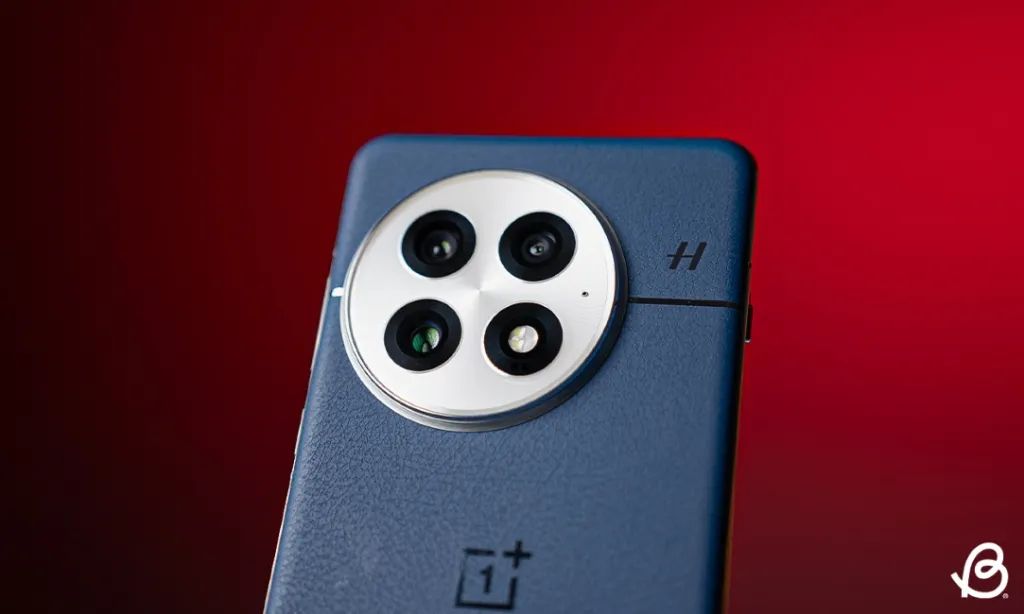
OnePlus and Hasselblad first collaborated in 2021 for the OnePlus. The partnership debuted with the OnePlus 9 series and introduced a host of features, mostly on the software level. OnePlus was always criticised for its inconsistent imaging science, and Hasselblad fixed that using a natural colour calibration. The partnership would continue till the OnePlus 13 before the brand decided to pull the plug on it, shifting focus to its OnePlus DetailMax Engine.
The partnership helped OnePlus immensely to cement its position as one of the best flagship device makers in the market. The software-centric collaboration brought immense value, with OnePlus finally being able to deliver camera performance on par with top-tier flagships.
Huawei and Leica
Timeline: 2016 - 2022
Focus: Hardware and software-based, Leica optics and camera filters.
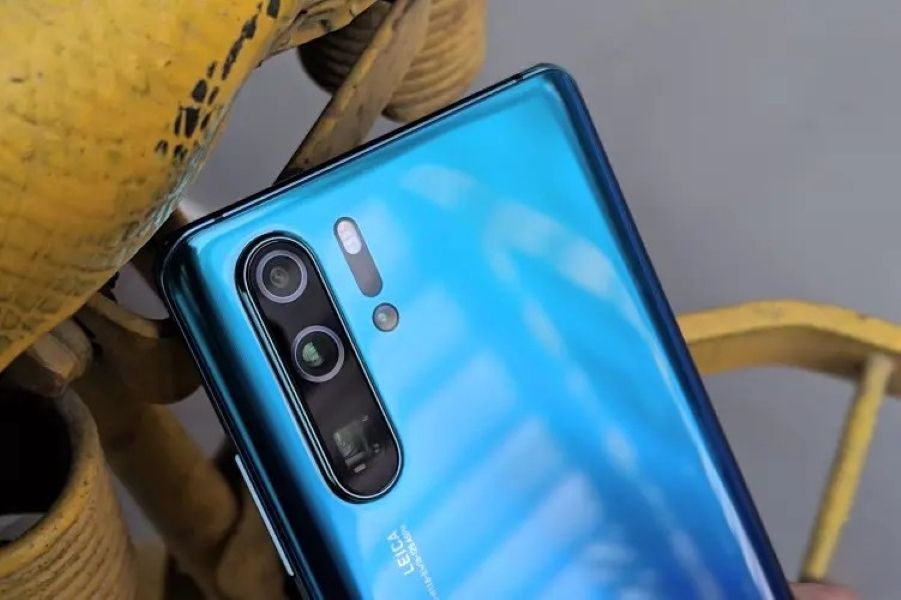
The Huawei-Leica partnership came to an end in 2022. It started in 2016 with the legendary Huawei P9, which delivered a great dual-camera system with a dedicated RGB and monochrome sensor. The Leica partnership would further enhance the black and white images, giving them a distinct look. Huawei and Leica co-developed lenses and were among the first to introduce an AI-powered night mode on the P20 Pro, followed by excellent zoom capabilities on the P30 Pro.
The partnership undoubtedly elevated users' perception of Huawei's camera performance and became the central battleground for flagship smartphones. It truly pushed smartphone makers to innovate, although the partnership would soon end after the launch of the P50 Pro.
Nokia, HMD and Zeiss
Timeline: 2005-2022
Focus: Involved both optics and software with Zeiss' PureView Imaging
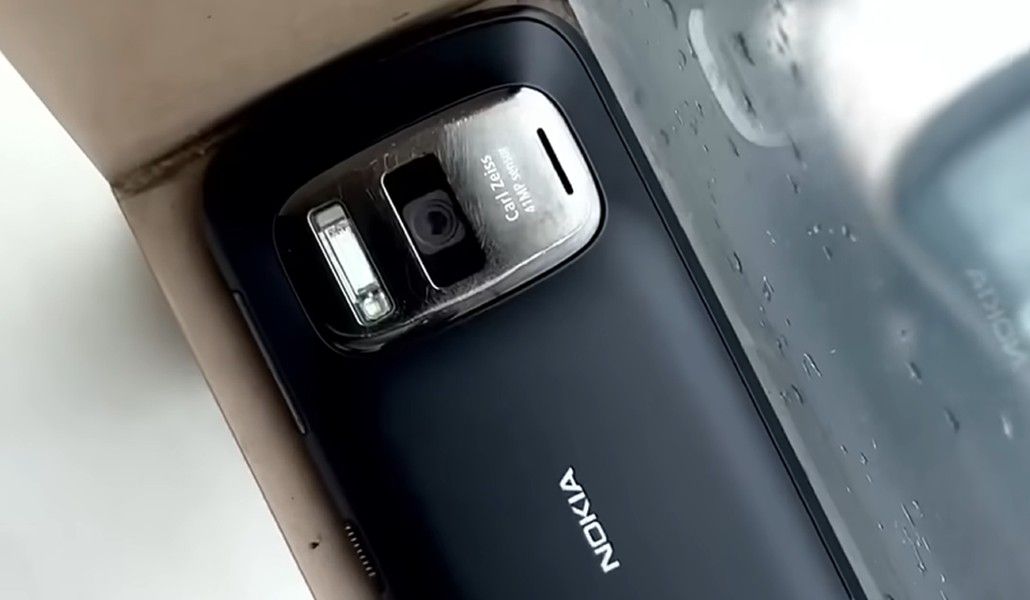
To most, this is the original iconic camera partnership. Zeiss optics on Nokia devices meant superior quality, and it all started with the legendary Nokia N95. The partnership then peaked with the Nokia 808 PureView, which delivered a 41 MP sensor, followed by the Lumia era with the Lumia 1020, also delivering a 41 MP camera with Xenon flash. It was truly the era and pinnacle of smartphone photography in the early 2010s.
However, it all fell apart after Microsoft bought Nokia and soon gave up on the Lumia lineup. HMD would soon revive Nokia with the Nokia 6, retaining the Zeiss partnership. While the smartphones did well, HMD's bad track record with quality of materials on its smartphones meant the Nokia 9 PureView and Nokia XR20 were some of the last phones with Zeiss optics before the partnership dissolved.
Motorola and Hasselblad
Timeline: 2016
Focus: The Hasselblad-Motorola partnership focused purely on hardware for Moto Mods.
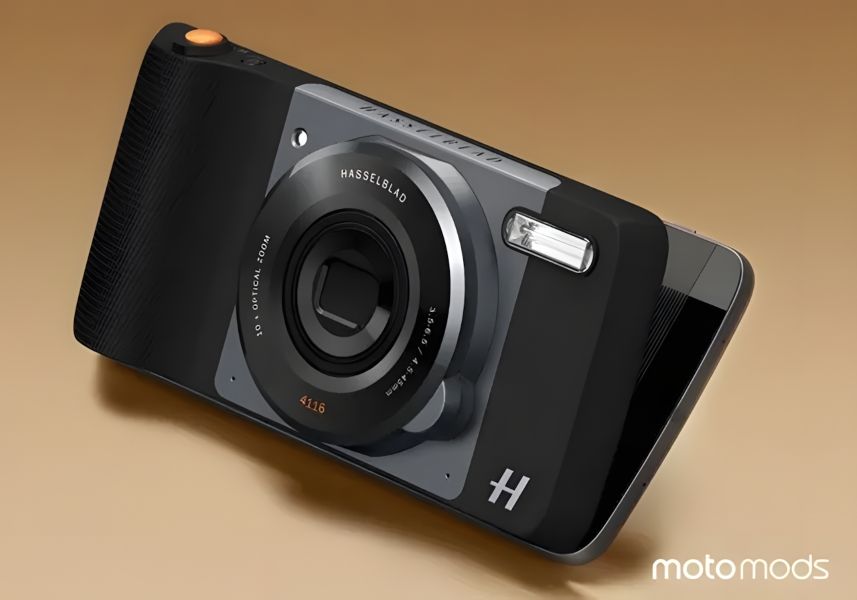
Although it only lasted for a year, Motorola partnered with Hasselblad to create a camera mod for its Moto Z series. The Mod offered 10x optical zoom and a Xenon flash. It was named the Hasselblad True Zoom mod, and it magnetically attached to the back of the Moto Z series devices.
Alas, it was nothing more than an experiment, and the partnership was short-lived. Motorola's Z series and its modular mods never really took off, dissolving both the Z series and the Hasselblad partnership.
And those are all the ongoing and past smartphone camera partnerships. While the alliances with camera makers in the past acted as catalysts for innovation and forced brands to do something extraordinary, they continue to shape the future of mobile photography. Needless to say, smartphone cameras will only get interesting from here on.


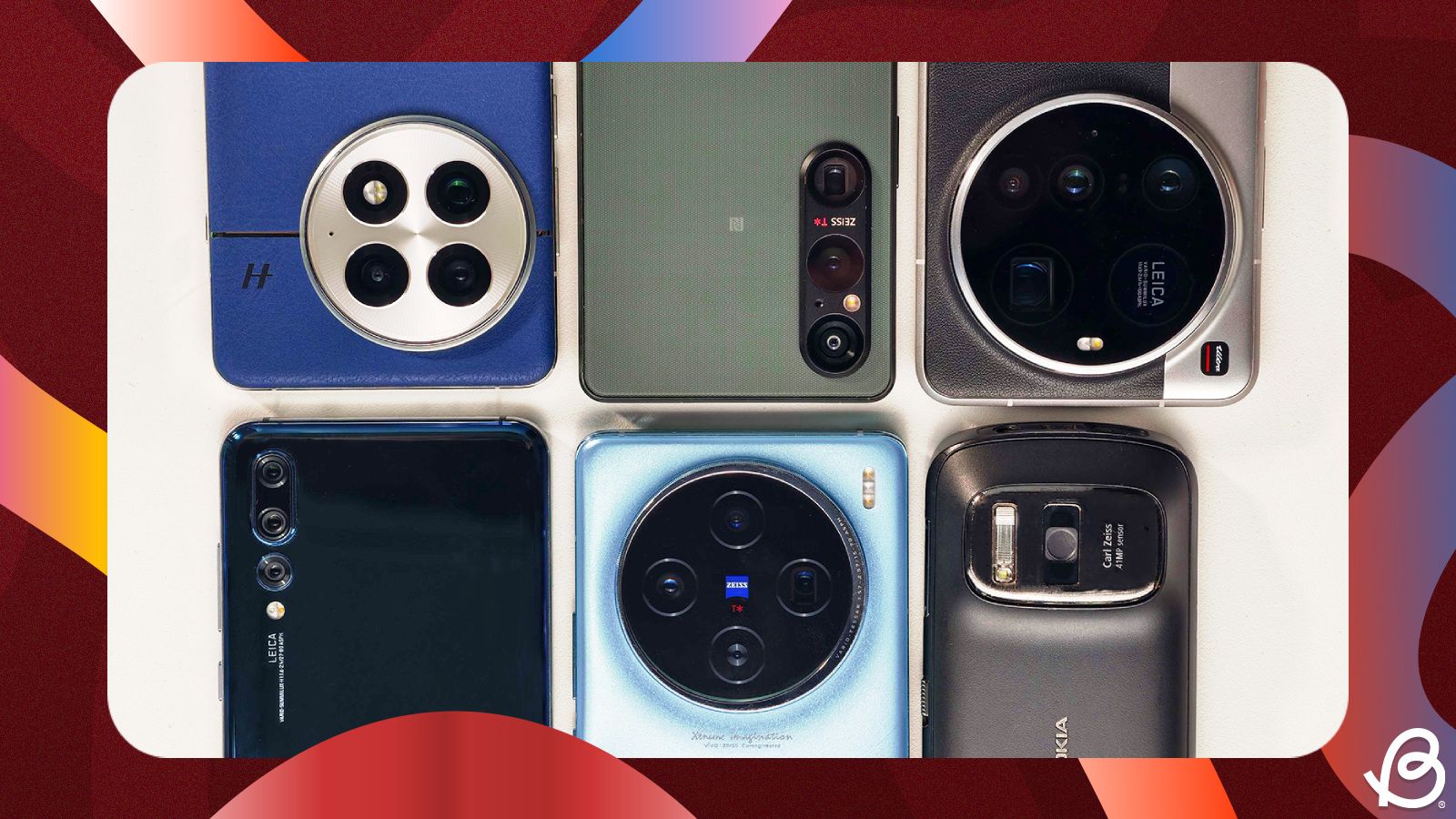
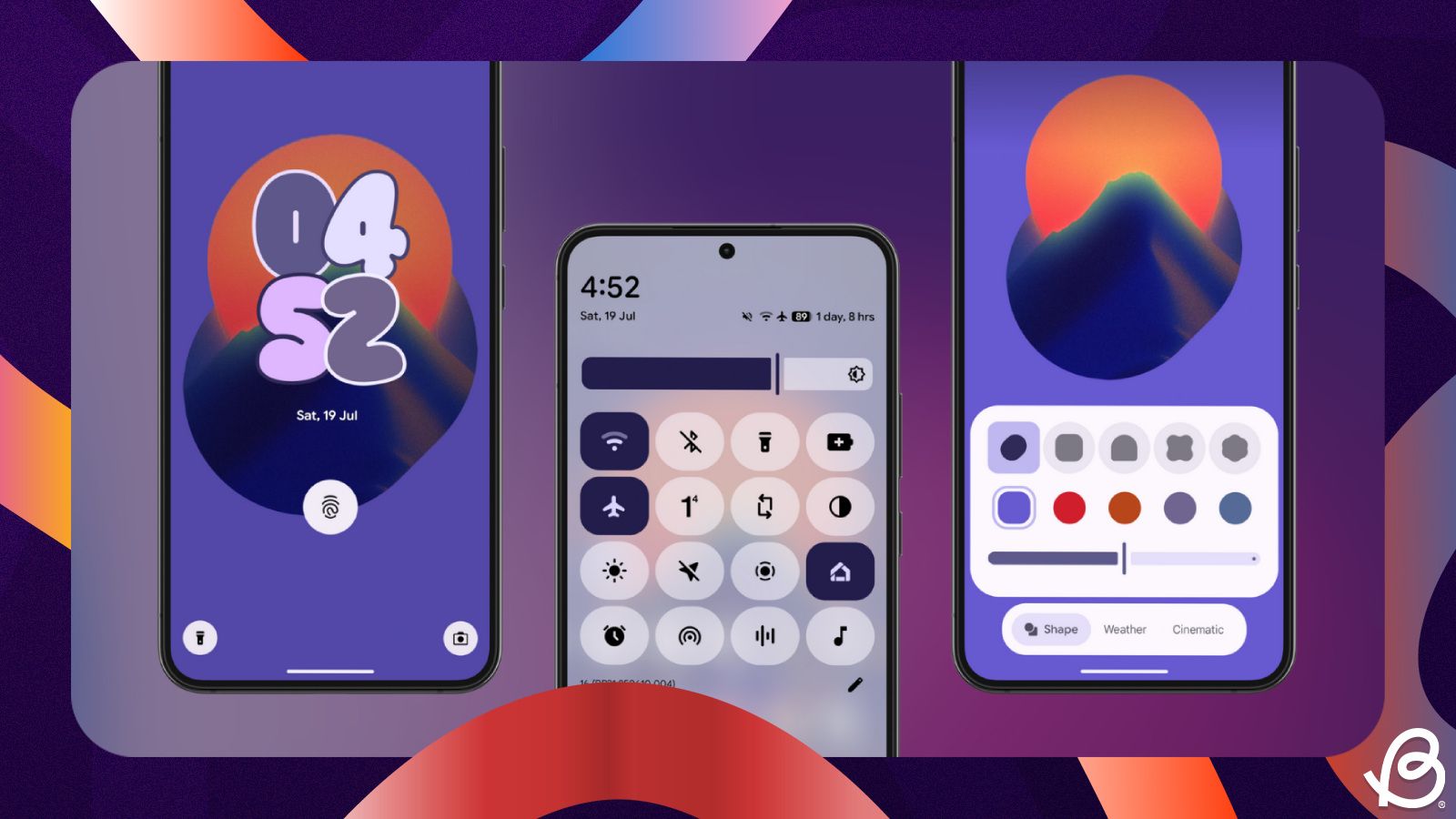
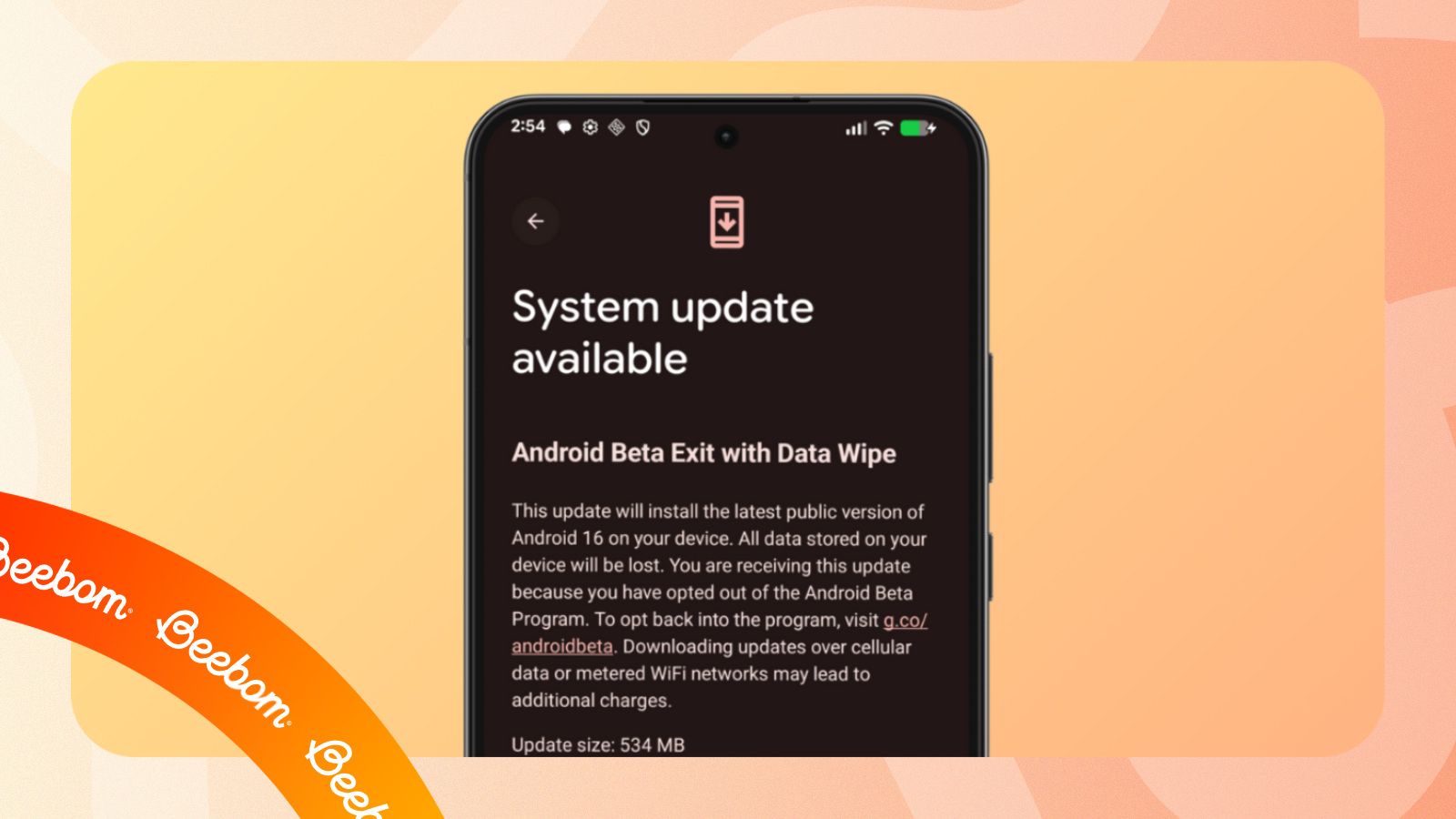

.jpg)
